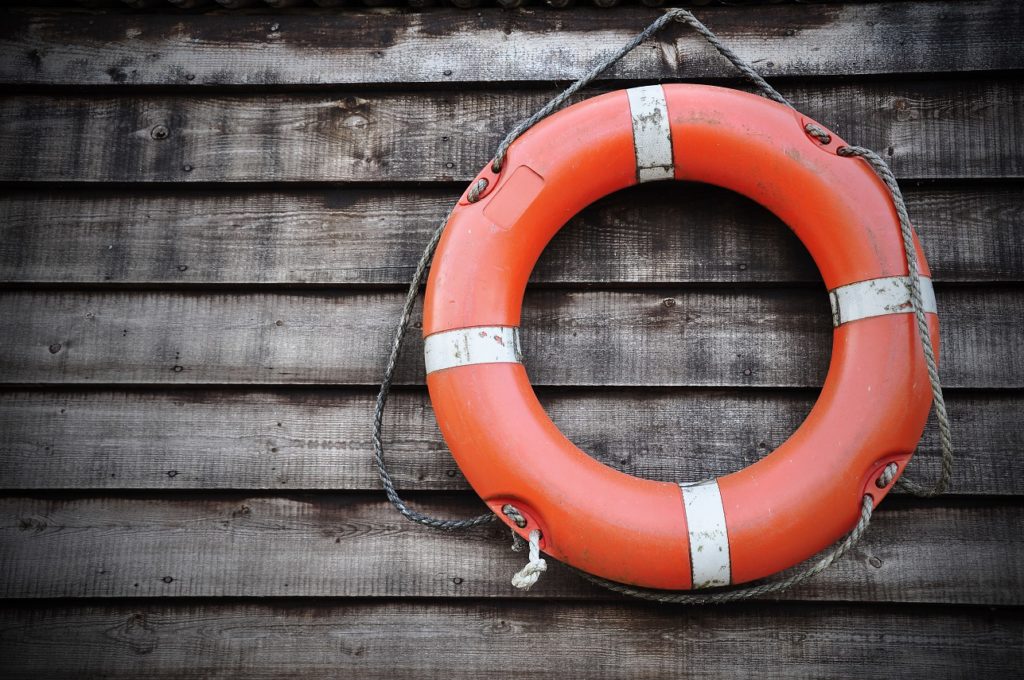
What happens when you find yourself in the midst of a crisis situation? Do you freeze up? Jump into action? Sit down to create a plan? What if you’re the person in charge?
It’s the leader’s job recognize when stakes are high and respond appropriately. We don’t need to look far to see harsh criticisms of leaders with underwhelming responses to crises that occurred on their watch.
If you find yourself in the midst of a crisis you didn’t create, welcome to leadership. How you respond may make all the difference.
These nine questions will help you plan your response.
What is the worst possible outcome?
When leaders underestimate the stakes of the crisis they’ve encountered, the battle is already half lost. If the worst possible outcome is devastating or irreversible, the response ought to be overwhelming.
How urgent is the situation?
Some leaders need a slap in the face to realize the urgency of a crisis situation. Unfortunately, managing from “crisis to crisis” is the status quo for many leaders. But if everything is a crisis, then nothing is. The urgency of true crises ought to take priority.
Are you the one responsible for the outcome? If not, who is?
Leaders who take exclusive responsibility to solve a crisis situation that is wholly (or partially) the responsibility of others can quickly make a situation worse and more complicated.
How qualified are you to address the crisis?
Low responsibility leaders are hesitant to take initiative in crisis situations. High responsibility leaders may take too much responsibility. Just because you are the leader does not mean you are competent to handle any given situation. You can still be the leader and rely on those with specific expertise in the situation you’re facing.
Who can help you make the tough decisions?
Just because you are solely responsible for navigating a crisis doesn’t mean you should go it alone. In the fog of the moment, it’s best to reach out to someone outside of the situation who has a clear head, especially if they’ve been through this type of situation before.
What is the immediate next step you should take?
It is likely impossible to solve a crisis on the spot, but inaction accomplishes nothing. At the very least, be prepared to respond decision-by-decision and action-by-action, starting with the first one.
How should you assess the situation moving forward?
As a crisis begins to stabilize, a sense of relief can be natural but also premature. It’s important to identify which factors are most likely to maintain stability.
What criteria should trigger additional action?
Whether stable or not, it’s important to set clear escalation criteria.
What could solve the entire crisis right now?
Occasionally, it’s possible to solve the crisis situation with one single action. It may not be the easiest, cheapest, preferred or beneficial long-term. But if it represents an immediate solution, it should be on the table.
You’ve probably heard the phrase, “If it were easy, everyone would be doing it.” You haven’t led until you have a crisis or two under your belt. There will be more. Your leadership under stress IS your leadership – and crisis brings it out in a way ordinary circumstances can’t match. Respond poorly and your opportunity to lead may be compromised. Respond well and you’ll likely receive greater opportunities in the future.
